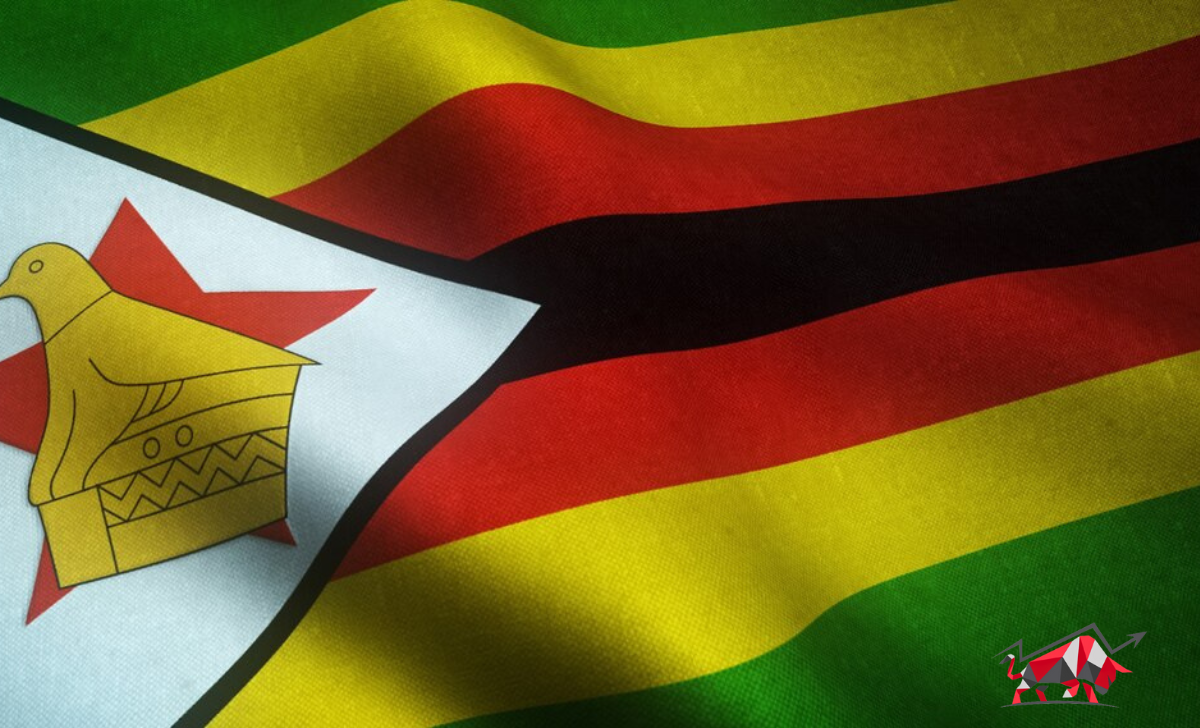Zimbabwe officially unveiled the gold-backed digital token, Zimbabwe Gold (ZiG), as a payment method on October 5. The announcement came from the Reserve Bank of Zimbabwe (RBZ), marking a pivotal moment in the nation’s economic landscape.
Zimbabwe’s Initiative to Empower Local Investors
The RBZ had initially introduced this groundbreaking project in April 2023, emphasizing that each ZiG token would be backed by a specific quantity of physical gold securely held within the bank’s reserves. The central bank’s venture into physical gold tokens had proven successful, paving the way for the launch of the digital variant.
The primary objective behind both the physical gold coins and the newly introduced ZiG tokens is to encourage local investors to invest in national assets, reducing reliance on the unstable American dollar. Dr. John Mangudya, the RBZ Governor, emphasized that this move aimed to expand the value-preserving instruments in the economy and enhance their accessibility to the public.
ZiG tokens can be conveniently stored in e-gold wallets or e-gold cards, offering flexibility and ease of use. These digital assets are tradable for peer-to-peer transactions as well as business dealings, providing a versatile solution for Zimbabwe’s financial landscape.
Zimbabwe Gold (ZiG) Token Prices
The RBZ has set various price levels for ZiG tokens, depending on the weight of the gold reserve. As per the latest data, investors had the opportunity to purchase 1 ounce of ZiG for $1,910 and 0.1 ounce for $191. Notably, on September 28, investors acquired an impressive 17.65 kg worth of ZiG, utilizing both Zimbabwean and American dollars for their transactions. Cumulatively, approximately 350 kg of gold in ZiG tokens have been sold since the previous rounds of digital token sales, indicating a growing interest in this innovative financial instrument.
This launch comes at a crucial time for Zimbabwe, a nation grappling with currency instability and soaring inflation for over a decade. The country’s decision to reintroduce its own currency in 2019 was met with challenges, including renewed currency volatility. The introduction of ZiG represents a bold step toward economic resilience, providing a tangible asset-backed solution to mitigate the nation’s economic challenges.


